Have you ever had the feeling hat things were just not right? I don’t mean not right like you got the wrong order at Portillo’s, or your postal delivery person gave you the neighbor’s mail. I mean, really, really not right, in a fundamental sense, like the world was off its axis in some way. I think these days we’ve gotten a sense of that after having been through a particularly contentious election season, still coming out of the pandemic, the hateful rhetoric directed toward those who revere life from conception through natural death, and in view of the violence in our cities and all around the world. It seems in some way that we are more adrift than ever.
And perhaps even a bit closer to home, we could all probably think of times in our lives when things just haven’t been right: times of transition, times dealing with the illness of a loved one, or family difficulty, times when we have been looking for new work or trying to discern a path in life. These are unsettling times that we all have to experience every now and then.
So in view of the craziness in our world, and the sadness that sometimes happens in our own life, it’s easy to get to feeling like things are just not right.
And God knows it isn’t right. The whole Old Testament is filled with God’s lament of how things went wrong, and his attempts to bring it back. The fourth Eucharistic Prayer sums it up by saying to God, “Again and again you offered a covenant to man, and through the prophets taught him to hope for salvation.” But, as we well know from our studies of the Scriptures and its proclamation in the Liturgy, again and again humankind turned away from the covenant and away from the God of our salvation. Ever since the fall, things just haven’t been right.
So what is it going to take for all of this to turn around? What is going to get things whipped back into shape? Well, frankly, nothing ever changes if nothing ever changes. Things don’t suddenly become right by continuing to do the wrong thing. I really think the only way things will ever change is by starting over. And that’s what I believe God is doing, in our time, throughout all time, and particularly in this Advent time.
Today’s first reading speaks of this new creation: a shoot shall sprout from the stump of Jesse. It’s quite a visual: The bud that blossoms from God’s new creation is something completely different, something incredibly wonderful, something that would never be possible in the old order: “The wolf shall be a guest of the lamb, and the leopard shall lie down with the kid; the calf and the young lion shall browse together, with a little child to guide them.” None of those species would ever get along in the old creation, of course; none of them would ever have been safe. But in the new creation, all of them will know the Lord, and that knowledge will give them new life, a new direction, new hope and a new salvation.
In today’s gospel reading, Saint John the Baptist is front and center. He is the forerunner, paving the way for the coming Savior, his cousin, by calling people to repent and by baptizing them for the forgiveness of sins. In the midst of that, he proclaims the coming of Christ who will do things in a new way: “He will baptize you with the Holy Spirit and with fire.” The all-consuming fire of the Holy Spirit will burn away all that is not right and heat up all that has been frozen in listless despair for far too long. That fire will force a division between what is old and just not right, and what is of the new creation: “He will clear his threshing floor and gather his wheat into his barn, but the chaff he will burn with unquenchable fire.” John’s message is one of complete annihilation of the old order so that a new, beautiful creation could take root.
Now, all of these are nice words, and the idea of a new creation is one for which I think we all inwardly yearn. But what does it really mean? What does it look like? How will we know that we are moving toward new creation and new life? I think Saint Paul gives us a hint in the second reading today: “May the God of endurance and encouragement grant you to think in harmony with one another, in keeping with Christ Jesus, that with one accord you may with one voice glorify the God and Father of our Lord Jesus Christ.” We are to be people who think and act in harmony with one another and with Christ. We have to be people of unity.
Which is, as most things are, so much easier to say than to actually do. For one thing, if we are really to be created anew, that means that some of the old stuff has to die: the death chambers have to be closed, the chaff has to be burnt up in the fire. Our old, stinkin’ attitudes have to be abandoned: resentments have to be put aside, rivalries have to be ended, forgiveness has to be offered and accepted, jealousies have to be thrown away. All of that festering, disease-ridden thinking has to be put to death if we are ever to experience new life. It has to be annihilated so that the new creation can take root.
We have to be a people marked by new attitudes, new grace, new love. We have to strive for peace and justice – real peace and real justice available to everyone God has created. We have to be a community who worships God not just here in Church, but also out there in our daily lives: a community that insists on integrity, a community that genuinely cares for those who are sick, in need, or lost, regardless of who they are, what they look like, or how it is they got lost. We have to be a people who worship God first every Sunday and Holy Day of Obligation, who confess our sins with hope of God’s mercy, who give priority to prayer in the midst of our crazy lives.
Most of all, we have to be a people who are open to being re-created. If we are not willing to put to death our old stinkin’ selves and embrace new attitudes and ways of living, if we are not in fact willing to take up our crosses and follow Christ, then we will never annihilate the old mess so that the new creation can take root. We have to cooperate with God’s new creation, we have to be eager to let God do something new. We have to be willing to live out of boxes for a while, so that the transition can take place. We have to have unwavering hope that giving ourselves to God’s re-creation will be worth it, if not immediately, then certainly in the long run. We have to truly believe our Psalmist’s song: “Justice will flower in his days, and profound peace, till the moon be no more.”
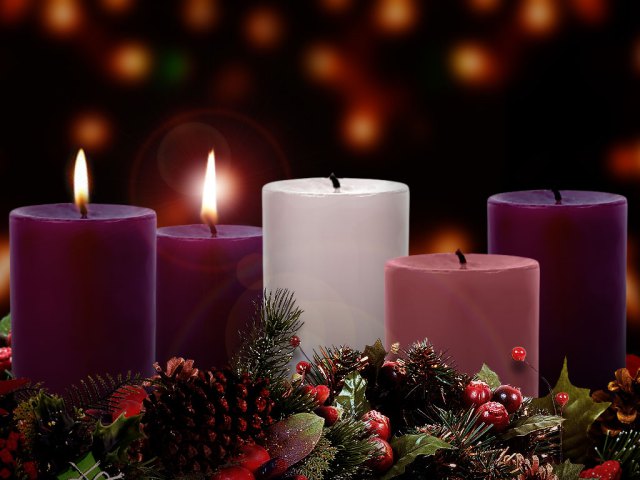
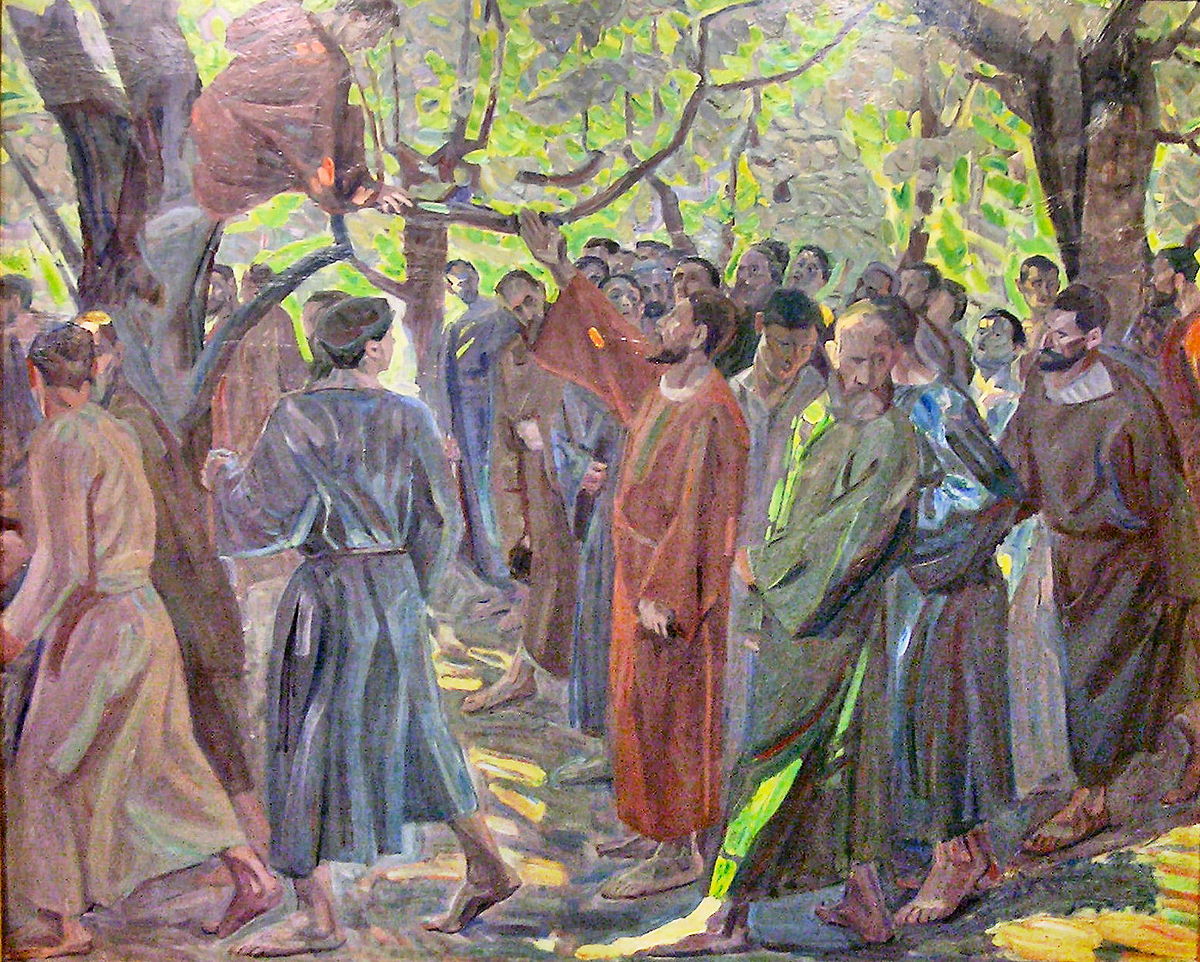

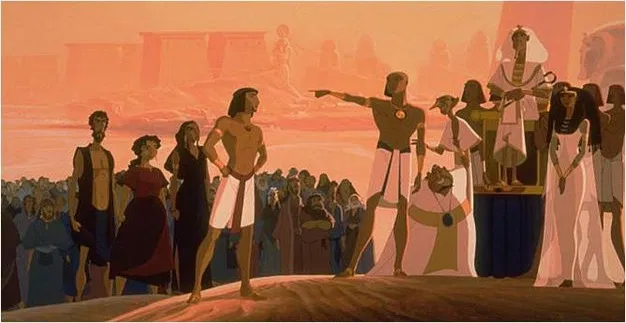
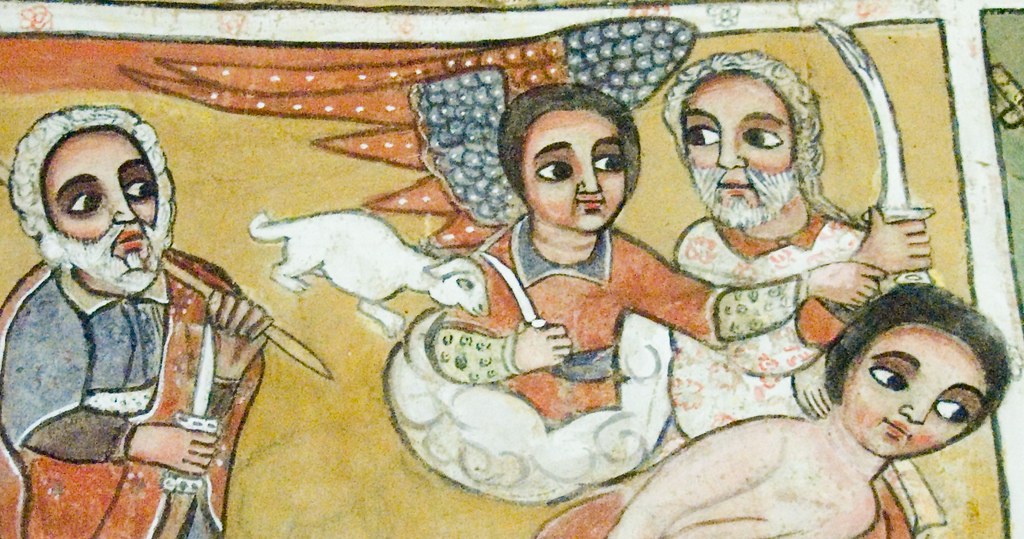
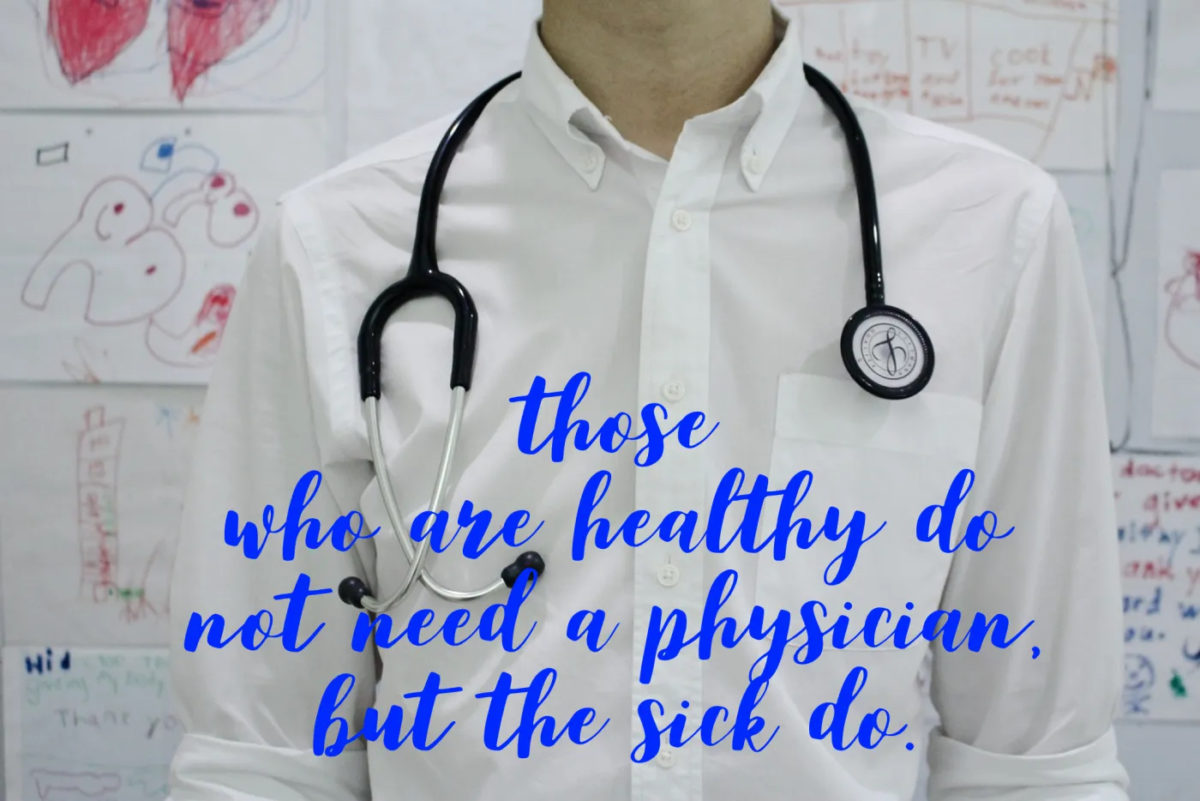
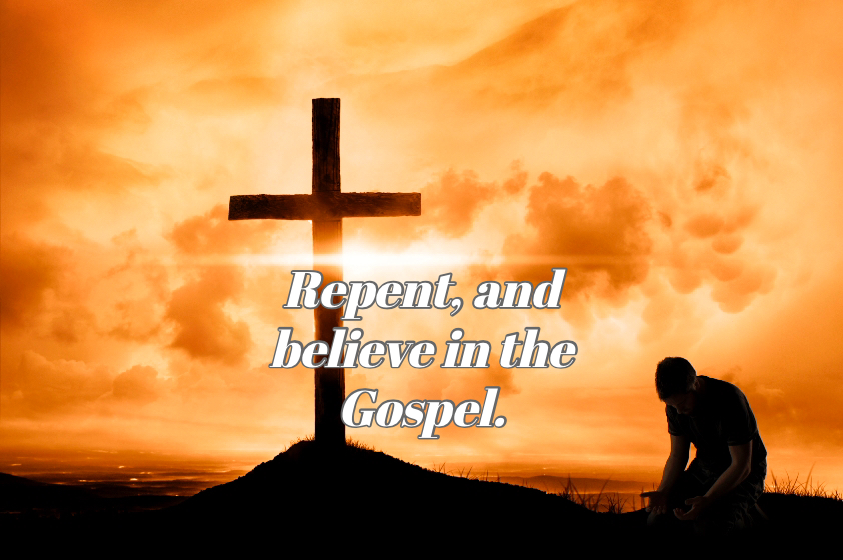
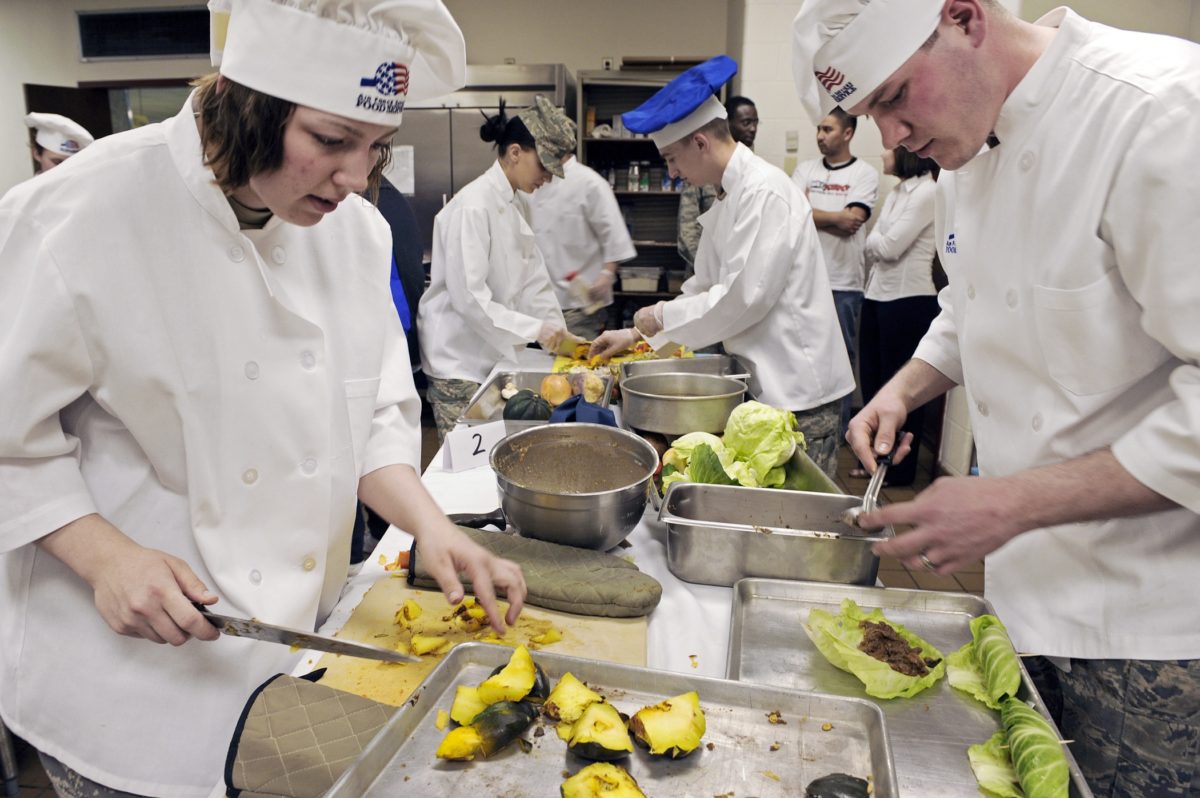
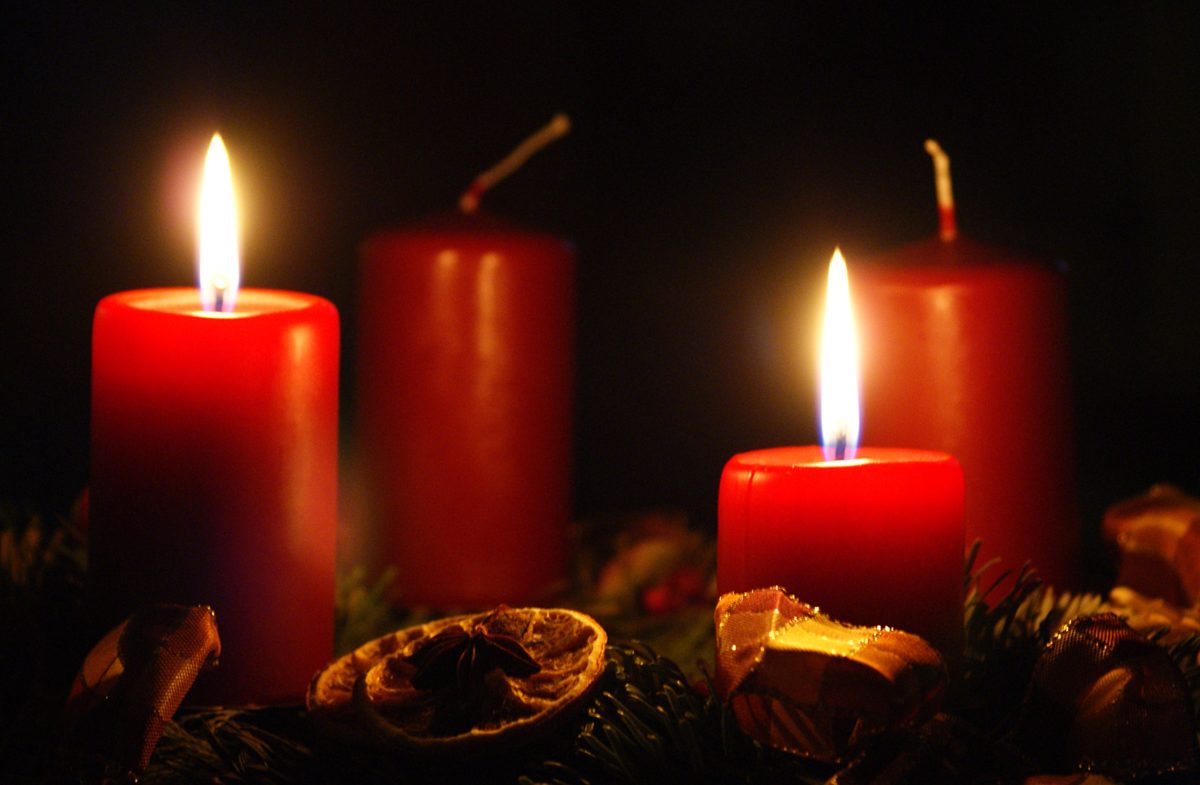
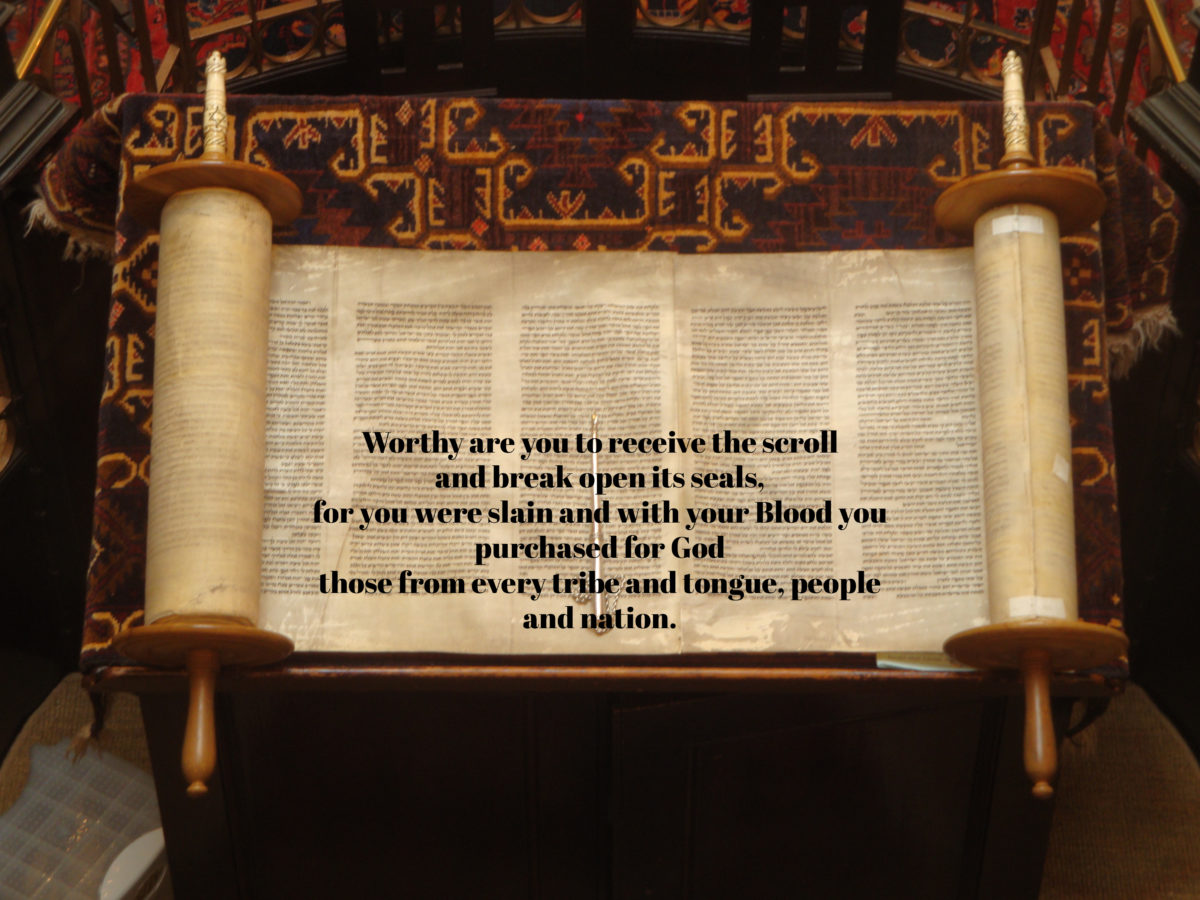
You must be logged in to post a comment.